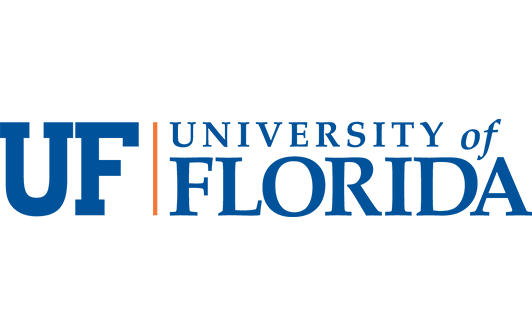University of Florida: NFL partners with UF to measure on-field head impacts using novel mouthguard sensors
The National Football League (NFL) today announced that the University of Florida has joined its program to collect data from on-field head impacts – through novel mouthguard sensors – to inform injury reduction efforts at the professional and collegiate level, including through rules changes and the development of higher-performing equipment like position-specific helmets.
The University of Florida joined this year along with The University of Georgia, The University of Pittsburgh, and Vanderbilt University. These four new additions join the original four participating universities from 2021: The University of Alabama, The University of North Carolina at Chapel Hill, The University of Washington, and University of Wisconsin. The football players at all eight universities may voluntarily opt-in to participate in the novel program.
The data collection using mouthguards instrumented with sensors is part of the NFL’s efforts to improve the health and safety of football players at all levels – specifically, aiming to decrease concussions and, more broadly, reduce all head impacts. Doubling the number of participating universities will lead to a substantial increase in the amount of data collected for an even higher quality analysis.
The data from the mouthguard sensors will supplement identical data collection underway at four NFL clubs. From this data, NFL engineers will continue to analyze the frequency and severity of impacts in games and practices. In turn, this will help inform the league’s approach to injury reduction, including interventions involving rules changes, safety equipment, training techniques, and player behavior.
The University of Florida along with other participating NCAA program will be provided a statistical analysis of player impacts specific to their team, which will help the program refine its own procedures to advance player health and safety. The sensors collect data that provides insight into the types of impacts that occur during games and practices providing critical information to help create better concussion protocols to improve the sport and health of the players.
“We are excited about the opportunity to partner with the NFL to assist them in collecting more data to better understand on-field head impacts,” said Dr. James Clugston, Team Physician at University of Florida. “The research will continue to help make the game of football safer and will guide us to develop best practices for equipment design, rules of competition and practice drills.”
Data collected across the mouthguard program will continue to be anonymized and analyzed by the NFL-NFLPA’s independent engineering experts at Biocore and the Center for Injury Research and Prevention at The Children’s Hospital of Philadelphia. Jennifer Langton, Senior Vice President of Health and Safety Innovation at the NFL, will continue to oversee the program.
“I’m thrilled to welcome the four new universities into this program, all of which – like the four founding universities – share our commitment to research in service of building a safer, better game,” said Langton. “By collecting a larger amount of mouthguard data, we can further our efforts to reduce concussions while also accelerating our broader goal to reduce all head impacts at all levels of the sport.”
The mouthguard sensor program launched in 2019 as part of the NFL’s $60 million commitment under the Engineering Roadmap to promote health and safety initiatives. The NFL remains committed to upholding the highest ethical standards for scientific research studies such as this one. The University of Florida, like all other collegiate teams participating in the program, will receive specific data related to their players and team which will help the team analyze their own behaviors and protocols for player safety. In addition to helping further health and safety of the sport, this participation offers valuable insights and data for the team.

